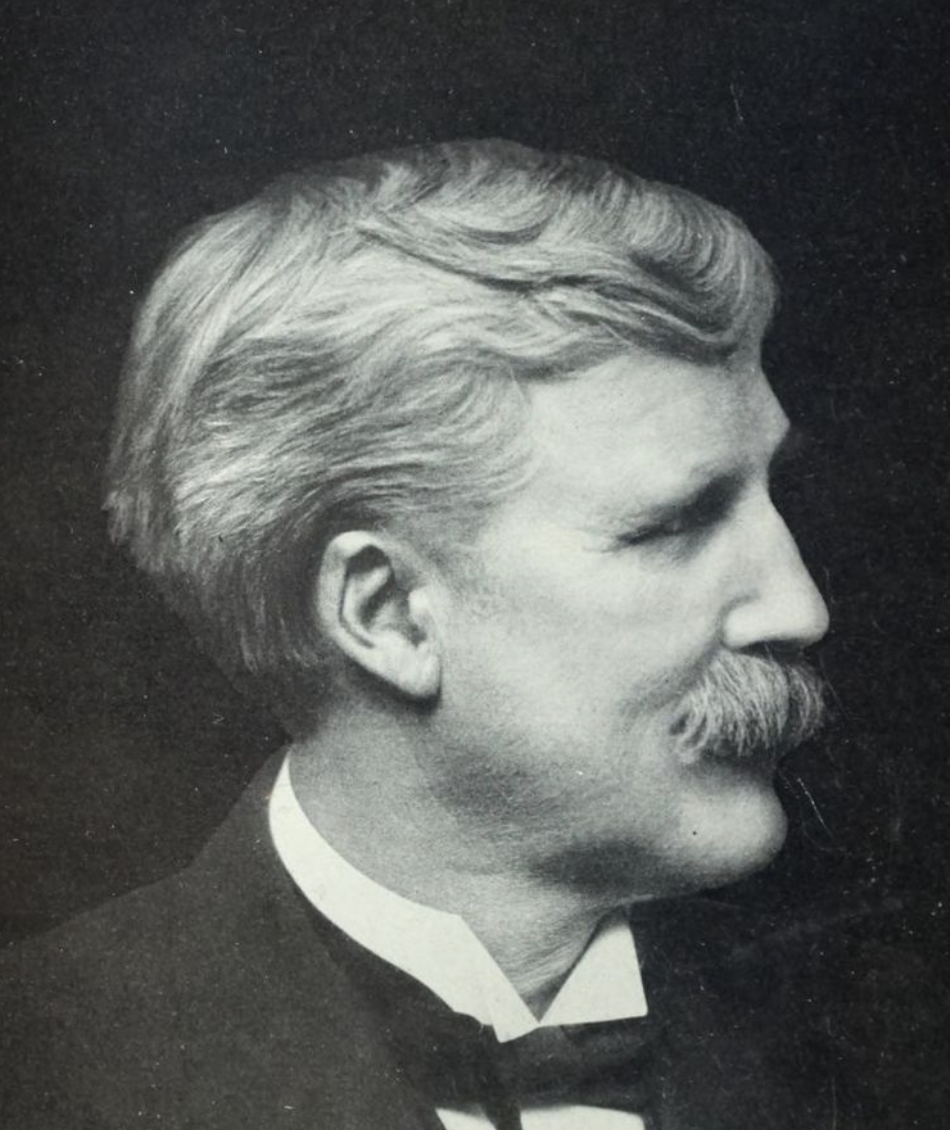Our three daughters, Alice, Lucia, and Grace, shared with their brothers, of course, the family life as described in previous chapters. With the same heredity and early environment, they share with their brothers the general family characteristics. But their school life and entire educational training, governed by their feminine tastes, ran quite naturally along wholly different lines. Alice did indeed share with her brothers many of the advantages of the excellent public instruction of Montclair. Lucia and Grace were early placed in Miss Waring’s school for girls in Montclair. There the instruction was in all respects as thorough as in the public schools besides seeking to develop a taste for some of the fine arts.
At suitable ages all three daughters were sent to Dana Hall, a superior school for girls located at Wellesley, Massachusetts. This institution was presided over by Miss Helen Temple Cooke, a graduate of Wellesley College. Her corps of teachers was carefully selected and efficient. The ideals of Dana Hall were as far as possible from those of the fashionable finishing school for young ladies. It sought to give its students a sound education, to fit them for any of the colleges for women, and to carry such as desired it a year or two into the college course. Dana Hall was not open to all applicants. One of Miss Cooke’s marked characteristics was the extreme care with which she selected her several hundred students. Family wealth or high social distinction formed no commendation. Miss Cooke studied the family life of the applicants and the character of the girl herself. Dana Hall became widely known, attracting students from many states, North, South, East, and West, many from the Pacific Coast, and even representatives of a number of foreign countries.
At Dana Hall all our daughters studied hard and maintained a high stand. We were obliged to withdraw Alice a few months before graduation. Her hard study, coupled with the exacting duties of various student organizations, had brought on a chronic insomnia. It was not until many months after her return home that she fully recovered. Lucia and Grace both were graduated and Lucia returned for a postgraduate year.
On returning to our home in Montclair, our daughters, each according to her tastes and preferences, busied themselves with acquiring new and various useful accomplishments, always under competent instruction. Music, both vocal and instrumental, sewing, cooking, dancing, horseback riding, automobile driving, various athletic pursuits, such as swimming, tennis, and golf, they pursued with interest and enthusiasm. Alice specialized in vocal music, Lucia in aesthetic dancing, and Grace in both. During the war they all took the Red Cross first aid and nursing courses, and added various useful or ornamental accomplishments. Lucia continued her dancing lessons with such success that she soon became an assistant instructor. Grace pursued her musical and dancing studies until her marriage, in 1919, to Morris R. Mitchell, a grandson of a dear and highly honored friend of our earlier years, long since deceased, Reverend Dr. John A. Broadus. Lucia was married in 1921 to Leverett F. Hooper of Montclair. Both marriages have proved ideally happy.
Such accomplishments as our daughters have taken on have been of their own individual choosing, although I may observe that these choices take their character from the spirit of our family life. We offered each daughter in turn a course in Vassar College or any other woman’s college they might choose. When they declined the college course, however, we were glad rather than sorry, confident that their own spontaneous mental and physical energies would supply them with a more real and valuable culture than they would be likely to get from books.
Alice’s experiences in France during the war are best pictured in her book A Red Triangle Girl in France. This is made up of selected letters from her to her parents, edited by me and published without her knowledge. The publication was suggested by Dr. John R. Mott, who had read some of the letters, and hoped their publication would be helpful in obtaining recruits for the YMCA work in France. The book was widely read and served its purpose well. Mother and I will always cherish the many letters of congratulation that we received on Alice’s book, among them letters from President Eliot, President Judson, and Dr. Goodspeed. Also Mr. Julius Rosenwald, who had seen Alice’s work in the camp at Tours.
Next Section:
Mr. Rockefeller Invites Me to New York
